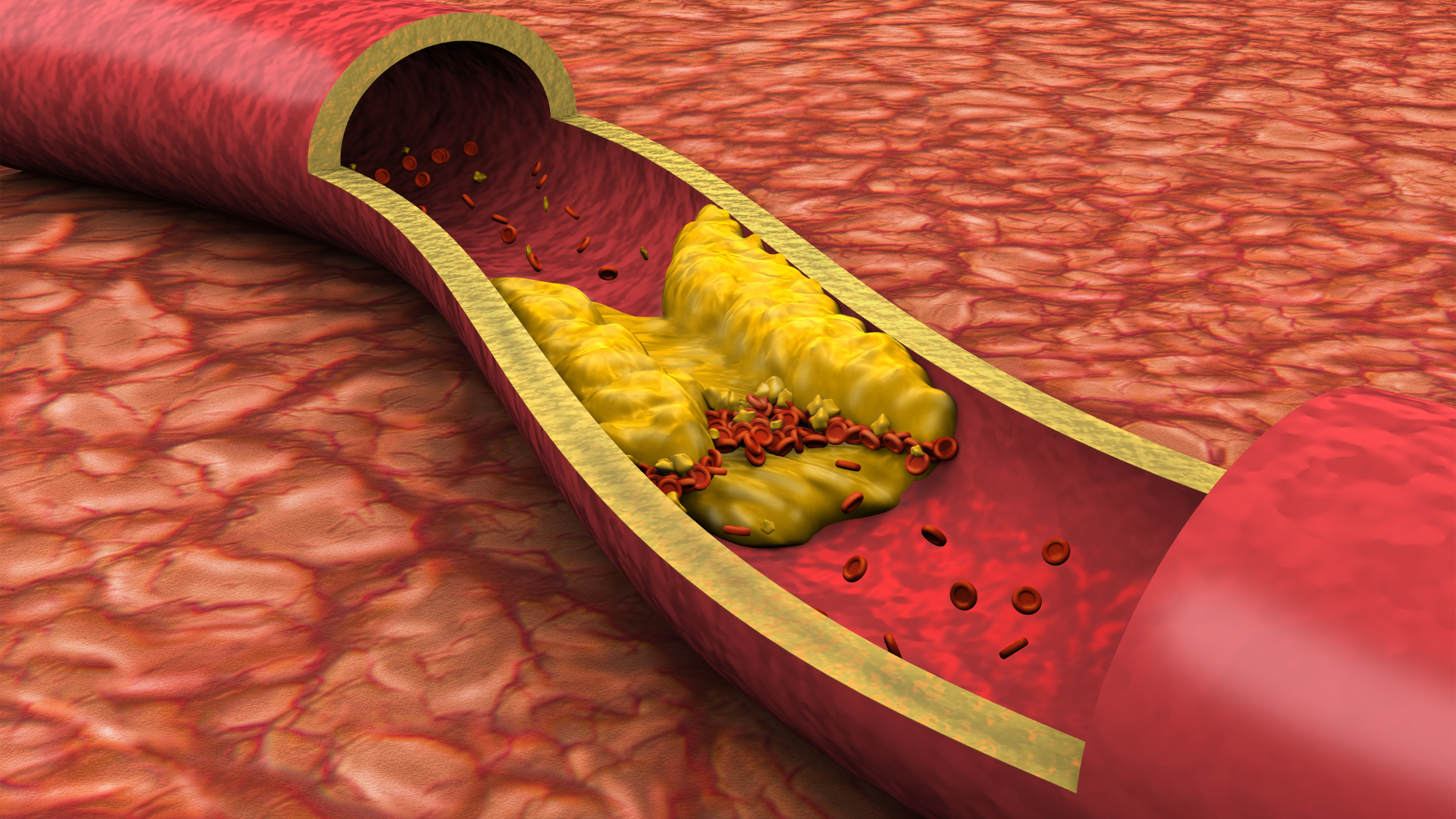Cardiovascular Diseases in Women
About 35% of all deaths among women are attributed to cardiovascular diseases, according to the World Health Organization. There are numerous reasons for this. Some are biological, such as the fact that the hormone estrogen protects women’s blood vessels until menopause, when its levels decline and the risk of developing atherosclerosis and other cardiovascular diseases increases. It’s also important to note that the symptoms of a heart attack in women often differ from those in men and can be less obvious, leading women to underestimate the seriousness of the situation and delaying seeking help. This brings us into the realm of insufficient awareness about potential risks and symptoms.
There is also a general perception that heart diseases are more of a “male problem,” which leads to women being less proactive about prevention. Psychological factors play a role as well—women are more susceptible to stress and depression, which are associated with an increased risk of cardiovascular diseases. Additionally, hormonal fluctuations and psychosocial stressors, such as balancing family and professional roles, can further increase this risk.
On the other hand, due to the fast pace of life and numerous obligations, women are increasingly adopting unhealthy lifestyles, such as smoking, physical inactivity, and poor diet, which they often attempt to counteract through supplementation as a simple preventive measure.
However, while supplements like vitamins C, D, E, and omega-3 fatty acids are beneficial for heart health, they cannot prevent cardiovascular diseases in the same way that a healthy lifestyle can, which includes a balanced diet, regular physical activity, and risk factor management. Experts from the Mayo Clinic also support this view, stating that it is currently well-established that no vitamin can prevent heart disease if other risk factors—such as poor diet, smoking, high cholesterol, and diabetes—are not managed.

Key Risk Factors for Cardiovascular Diseases in Women
Lifestyle habits such as smoking, physical inactivity, and unhealthy eating are key risk factors for the development of cardiovascular diseases in women. The good news is that you can influence these factors, so prevention largely depends on them.
Poor Diet
A diet high in saturated fats, trans fats, sugar, and salt can significantly increase the risk of heart disease. Saturated and trans fats raise levels of bad LDL cholesterol in the blood, leading to the buildup of plaque in the arteries. Excessive sugar intake can contribute to obesity and insulin resistance, while high salt consumption can raise blood pressure—all of which are risk factors for heart disease.
Smoking
Smoking is one of the most significant risk factors for developing cardiovascular diseases. Chemicals in tobacco smoke damage blood vessels and the heart, increasing the risk of atherosclerosis (hardening of the arteries), which can lead to heart attacks and strokes. Smoking also lowers levels of good HDL cholesterol and raises blood pressure.
High Cholesterol and Diabetes
High levels of cholesterol, particularly bad LDL cholesterol, can lead to the formation of plaque in the arteries, reducing blood flow and increasing the risk of heart attacks and strokes. Diabetes, especially type 2, significantly raises the risk of heart disease because high blood glucose levels can damage blood vessels and the nerves that control the heart.
Stress and Lack of Physical Activity
Chronic stress can contribute to elevated blood pressure and heart disease. A lack of physical activity leads to weight gain, higher levels of LDL cholesterol and triglycerides, lower levels of HDL cholesterol, and increased blood pressure. Regular physical activity helps maintain a healthy weight, improves lipid profiles, and reduces blood pressure.
What Does Science Say About Supplements?
Researchers at Johns Hopkins University took it a step further and analyzed available data on some of the vitamins and supplements most commonly used for the prevention of cardiovascular diseases, explaining how effective each one really is. They reviewed clinical studies involving hundreds of thousands of participants, some of whom received vitamins while others received a placebo, and, as they noted, they found no evidence of benefits in preventing cardiovascular disease. One exception is fish oil capsules containing omega-3 fatty acids, which are naturally found in fish and marine algae and support cardiovascular health.

The Best Ways to Maintain Heart Health in Women
The best way to protect cardiovascular health, experts agree, is to adopt a healthy lifestyle, which includes switching to a nutritious diet, incorporating regular physical activity, and attending routine check-ups.
Healthy Eating
Eat plenty of vegetables, fruits, nuts, healthy fats, and whole grains. Vegetables and fruits are rich in fiber, vitamins, and antioxidants that help reduce the risk of heart disease. Nuts and healthy unsaturated fats improve lipid profiles and decrease the risk of atherosclerosis. Whole grains are high in fiber, which also helps lower cholesterol.
Regular Physical Activity
At least 150 minutes of moderate exercise per week, such as brisk walking, swimming, or cycling, can significantly improve heart health. Physical activity helps control body weight, lowers blood pressure, improves lipid profiles, and reduces the risk of diabetes.
Maintaining a Healthy Weight
Maintaining a healthy body weight helps control cholesterol, blood pressure, and blood sugar levels. Obesity is linked to an increased risk of cardiovascular diseases, so it’s important to keep the body mass index (BMI) within a healthy range.
Regular Check-Ups with a Doctor
Regular check-ups with a cardiologist for women help monitor cholesterol, blood pressure, and blood sugar levels. Early detection and treatment of these risk factors can significantly reduce the risk of heart disease.
Stress Management
Techniques such as meditation, yoga, or simply taking time to relax can help reduce stress. Chronic stress can contribute to elevated blood pressure and heart disease, so it’s important to find methods for managing stress.



